Archives - Page 2
-
Revue phénEPS-PHEnex Journal
Vol. 10 No. 3 (2019)Septembre et l'école sont là /
Back to school ... again
Bonne rentrée et bonne lecture de ce numéro de
Revue phénEPS-PHEnex Journal
Enjoy September, and this issue of
Revue phénEPS-PHEnex Journal !
L'équipe éditoriale -The editorial team
Sandra, Antony, Sylvain et Pierre
-
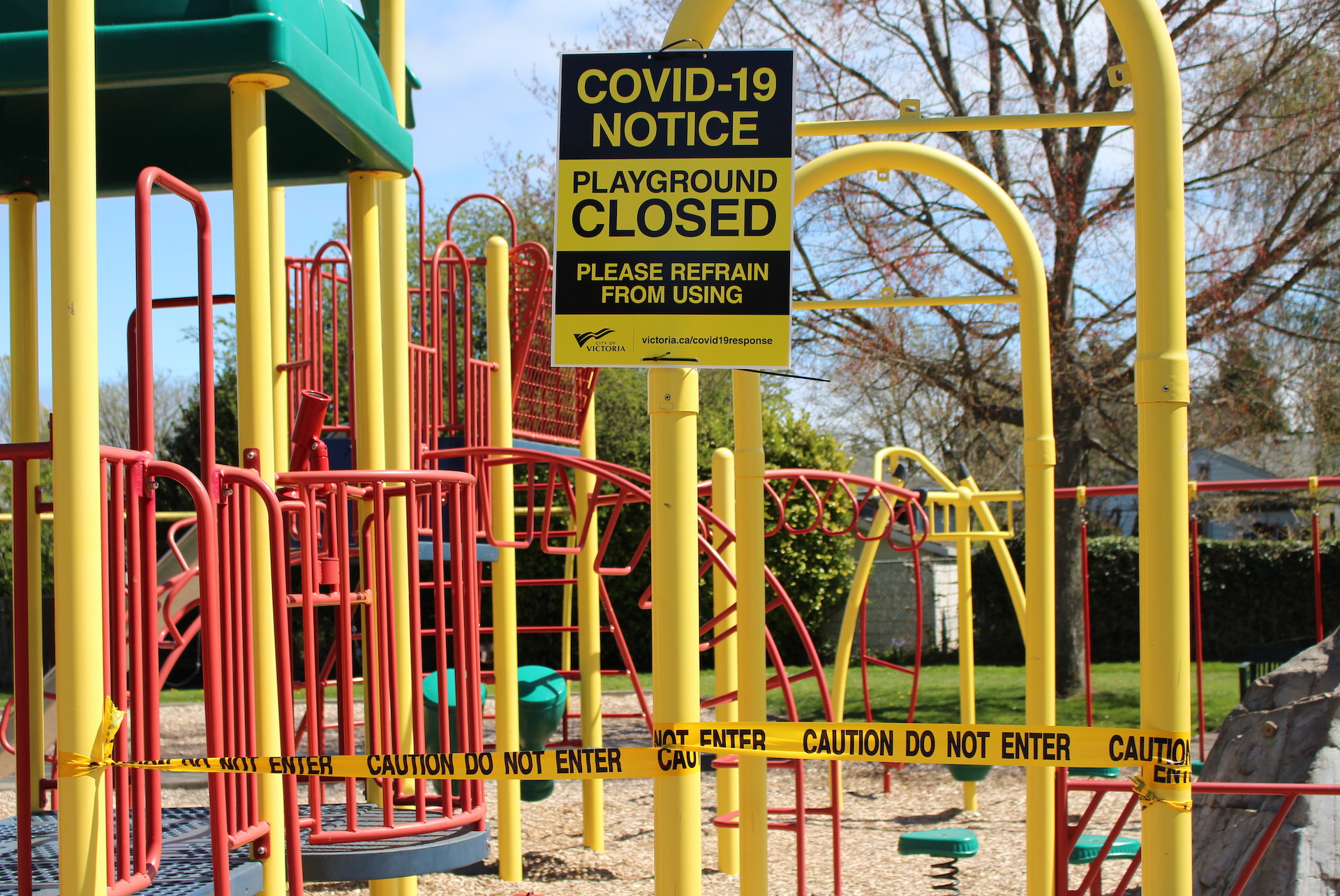
Revue phénEPS-PHEnex Journal
Vol. 11 No. 1 (2020)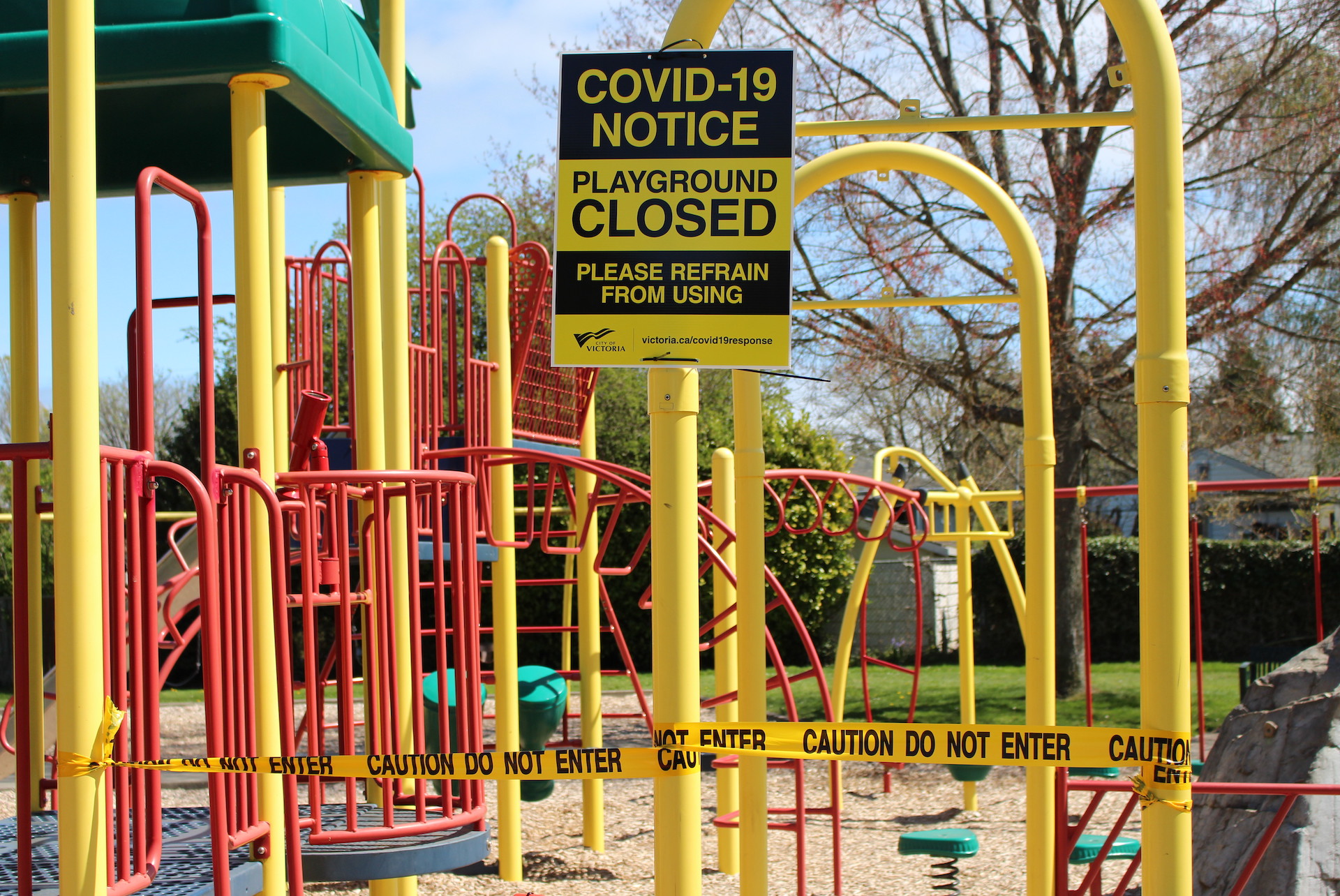
No movement. No growth. No learning.
Photo offered by Sandra Gibbons
-
Revue phénEPS-PHEnex Journal
Vol. 11 No. 2 (2021)Happy new year 2021 to all.
Revue phénEPS-PHEnex Journal
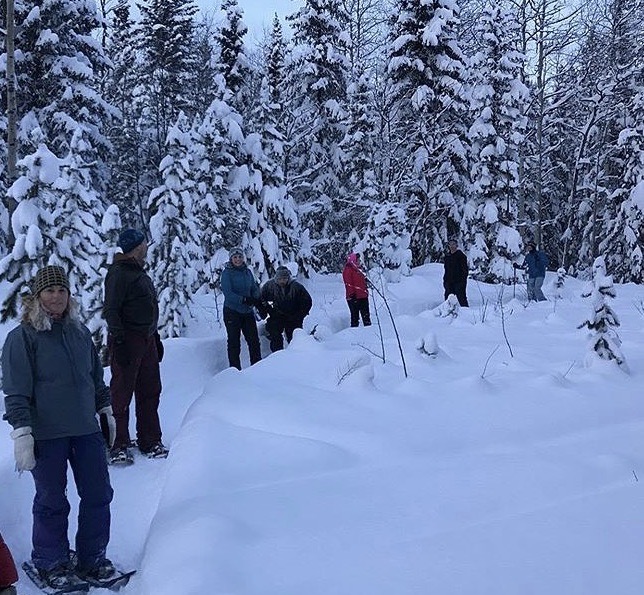
Photo: Burns Lake BC, in November - * Special thanks to Patti Dube (not "Betti", as published previously. Apology for the error. )
-
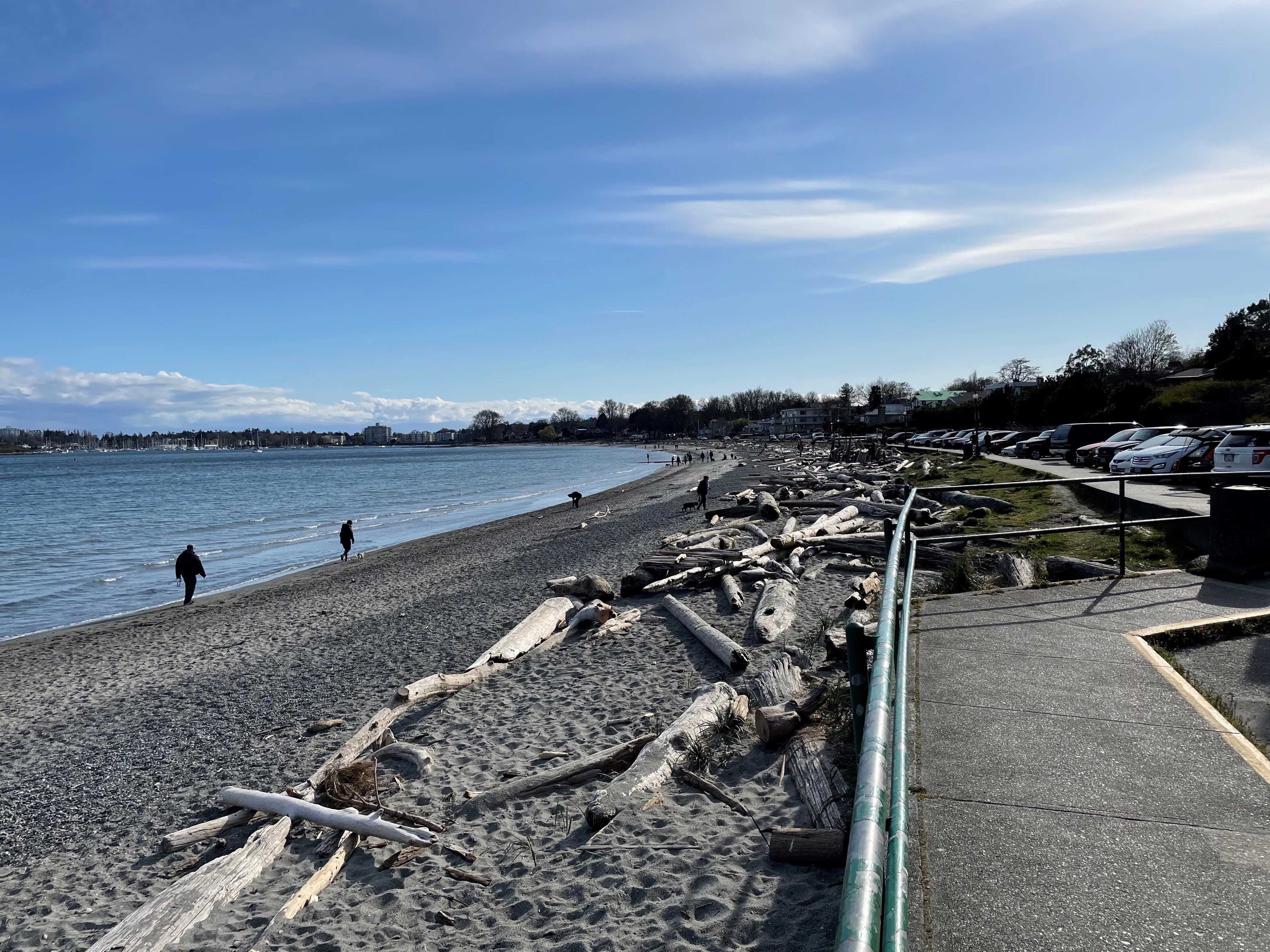
Revue phénEPS-PHEnex Journal
Vol. 11 No. 3 (2021)Walking ( and physical distancing, obviously) on Willows Beach, Victoria
Sandy Gibbons -
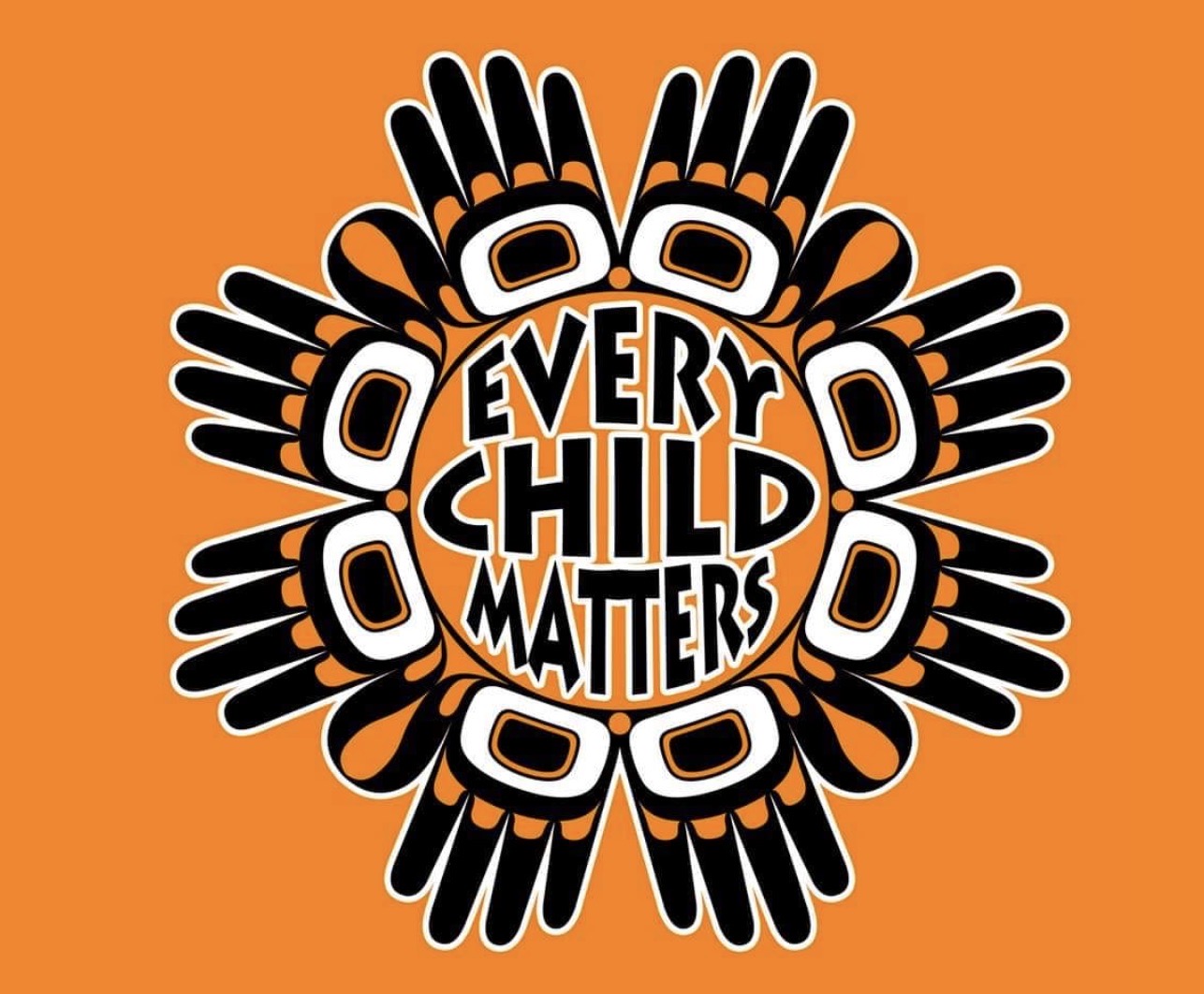
PHEnex Journal
Vol. 12 No. 1 (2021)Chaque enfant doit compter
Wishing all our readers a restful and peaceful summer
Enjoy "free play time"!!Pierre Boudreau, managing editor
Revue phénEPS-PHEnex Journal -
Revue phénEPS-PHEnex Journal
Vol. 12 No. 2 (2021) -
Revue phénEPS-PHEnex Journal
Vol. 12 No. 3 (2022)Enjoy your summer !
Bon été !
The editorial team
Revue phénEPS-PHEnex Journal -
Revue phénEPS-PHEnex Journal
Vol. 13 No. 1 (2022)Don't miss our next number.
A themed issue: Diversity, Equity and Inclusion (EDI) in physical activity / education!
Stay tuned
The editorial team
Revue phénEPS-PHEnex Journal -
PHEnex Journal
Vol. 13 No. 2 (2023)Thematic issue
Equity – Diversity – Inclusion (EDI) in physical education/ physical activity
Introduction
Guest Editors
Dr. Lauren Sulz
Associate Professor
College of Social Sciences and Humanities
Faculty of Education
University of AlbertaDr. Daniel B. Robinson, PhD
Professor, Physical Education and Sport Pedagogy
Past Chair, PHE Canada Research Council
St. Francis Xavier UniversityAs guest editors of this special issue focused on equity, diversity, and inclusion (EDI), we have been enabled to work alongside many others to advance PHE Canada Research Council’s visionary efforts towards a more socially just physical and health education field. Acknowledging that there remains plenty of work to be done, this special issue has been one Research Council initiative related to our strategic initiatives to: (1) advance the personal, physical, cultural, and social development and wellbeing of children and youth in Canada; and (2) elevate commitment to diverse, equitable, and inclusive physical and health education programs, practices, and leadership.
We are grateful to our peers on the Research Council Executive Team who, through their ongoing support of this initiative, have allowed our initial vision to come to fruition. Moreover, the success of this first special issue within Revue phénEPS-PHEnex Journal may also be attributed to the support, vision, and leadership offered by the journal’s longstanding editors—Sandra Gibbons and Pierre Boudreau. Through Sandy and Pierre’s tireless efforts on the editorial team, Revue phénEPS-PHEnex Journal has grown in its number of authors and readers. So, many thanks are offered to those two.
This special issue includes five English articles,( and 4 in French described in the French part of the introduction) all attending to different EDI-related issues. Articles and authors include the following: “Storying the Physical Education Teacher Education Experience” from Hayley Morrison, Douglas Gleddie, and Lee Schaefer; “Teacher Candidates’ Critical Reflections on Inclusive Physical Education: Deconstructing and Rebuilding New Paradigms” from Wendy Barber, William Walters, and Jared Walters; “Supporting Inclusive Development of Physical Literacy in Leisure Settings: Building on the Affective Dimension” from Stéphanie Girard, Annie Paquet, Suzie McKinnon, and Myriam Rousseau; “‘Are we there yet?’ An Examination of Teacher Diversity within Canada’s Physical and Health Education Community” from Lauren Sulz, Melanie Davis, and Dipal Damani; and “Land Affirmation: Moving Naturally Toward Reconciliation” from Stephen Smith and Damien Norris.
In their research, Morrison et al. utilized narrative inquiry as both a phenomenon and a research method as they engaged with pre-service physical education teachers who had diverse experiences and stories related to physical education. Morrison et al. and their participants contemplated these stories, with purposeful attention placed upon considering them alongside the stories of others—an exercise that allows one to recognize how some stories might resonate with and/or contradict others. Participants who reflected on these stories, largely through critical autobiographical work, were enabled to contemplate how they might implement socially just teaching strategies within physical education. This process, and the strategies identified by participants themselves, offers possibilities for others who share an interest in designing and offering socially just physical education experiences for all.
In their research, Barber et al. investigated the impact of an “intentionally designed” physical education teacher education course that aimed to challenge pre-service teachers to critically reflect upon their own inclusion-related experiences so that they might, in turn, find ways to disrupt what might be viewed as problematic. Employing a general qualitative research design, data were gathered through multiple means before they engaged in an inductive thematic analysis exercise. Barber et al. found that pre-service physical education teachers came into their pre-service teacher education programs with limited experience working with students with disabilities. Yet, Barber et al. found an intentionally designed physical education teacher education course enabled students to develop mature perceptions of inclusion as well as broadened approaches related to their own pedagogy. These findings are especially relevant to those who teach or learn within physical education teacher education programs.
In their research, Girard et al. also focused upon inclusion—though their focus was placed upon the “inclusive development of physical literacy” within a summer day camp. With attention placed upon physical literacy’s affective domain (motivation, specifically), Girard et al. surveyed camp counsellors and companions so that they might evaluate the effectiveness of “Maximize Participation of all Campers”—a tool meant to offer motivational strategies for all campers, including those with disabilities. Their research results suggested that the tool was useful, in that users were likely to use some of the idealized motivational strategies. These findings suggest the tool is an appropriate one for this context, and others like it, to promote the affective dimension of physical literacy within groups that have participants with and without disabilities.
In their research, Sulz et al. examined teacher diversity within the PHE Canada community. Their examination explored the gender identity, sexual orientation, (dis)ability, and racialized identity of teachers (registered) within the PHE Canada community. Moreover, they compared this demographic information with the Canadian population and with the Canadian teacher population. Their results showed that the proportion of teachers within the PHE Canada community from historically underrepresented groups were, generally, disproportionately low in comparison to the Canadian population and the Canadian teacher population on most diversity features. The few similarities they found were related to the following: (1) sexual orientation and the Canadian population; and (2) Métis and racialized minority and the Canadian teacher population. Given these results, Sulz et al. provide calls to action so that the PHE Canada community (as well as the broader physical and health education community) may become more diverse, particularly with respect to (dis)ability and racialized identities.
Lastly, Smith and Norris offer a conceptual essay that provides physical and health education teachers with possibilities for making Indigenous land acknowledgements physical affirmations. To do so, they provide discursive, active, and interactive possibilities. These “moving naturally” possibilities include practices related to breathing, earthing, and naturing. By taking Indigenous land acknowledgements outdoors, and by grounding them in land-based pedagogy, Smith and Norris offer something beyond what is sometimes a prefatory and/or performative task. This sort of kinesthetic and embodied land acknowledgement has the potential to introduce and connect physical and health education students more fully to the (Indigenous) land in which they live, work, and play.
These studies contribute to the field of physical and health education by presenting fresh insights and possibilities for creating socially just and inclusive physical and health education programs, practices, and leadership. The findings emphasize the need for continued research in the area in order to ensure that physical and health education is accessible and inclusive for all students. By illuminating these critical issues and offering practical solutions, we aim to inspire the physical and health education community to prioritize EDI in their own work. We hope that this special issue will enthuse new thinking and action on EDI, and serve as a catalyst for continued dialogue within physical and health education.
-
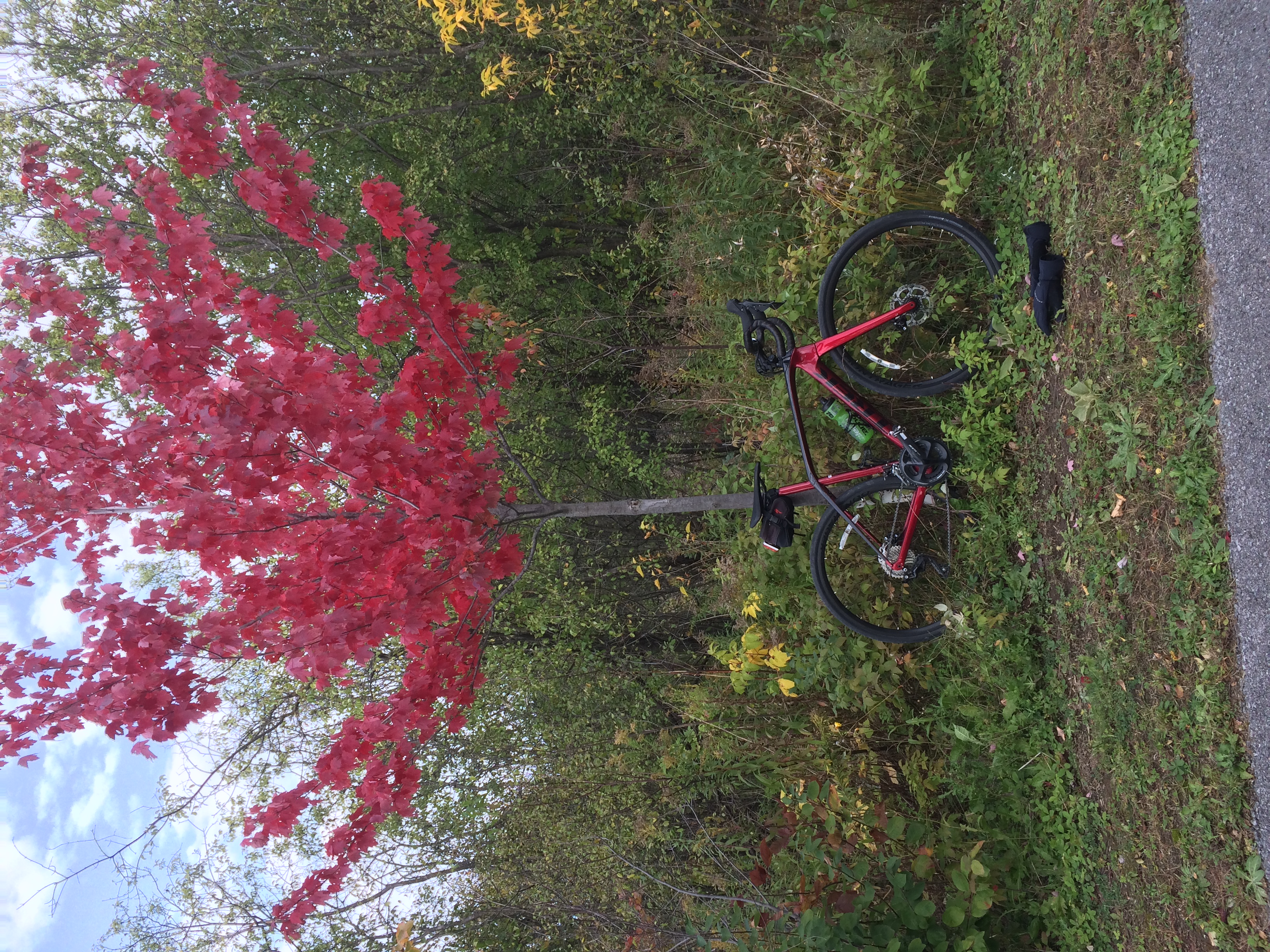
Revue phénEPS-PHEnex Journal
Vol. 13 No. 3 (2023)Note from Lynn Randall and Nathan Hall incoming co-editors
As the new co-editors, we first want to thank Drs. Sandra Gibbons and Pierre Boudreau for their years of service to the journal, and secondly for the countless hours they have spent with us, mentoring us both to the point where we feel we are prepared to continue their exceptional work. We also greatly appreciate the offer of future assistance if needed! We also look forward to working with Francophone editor Félix Berrigan.
We agreed to take over co-editorship of the journal because we believe in the importance of the journal for both English and French speaking Canadian academics and for what it contributes to the Physical and Health Education literature in Canada and abroad. We have both published in the journal at various points in our careers and are proud of the work that has appeared in the journal since its inception.
To remain a respected, peer reviewed, open access journal, and to continue to maintain the breadth and quality of the material and published articles readers have come to expect, requires the assistance of experts in the field. The review process is necessary to maintain the journal’s quality. As we begin this new journey, we request that readers consider volunteering to act as reviewer and encourage their colleagues, research partners, and graduate students to volunteer as well.
We look forward to doing our part to continue the tradition of excellence readers have come to expect from the journal.
Note from Sandra Gibbons and Pierre Boudreau outgoing co-editors:
It has been a privilege to serve as co-editors for the Revue phénEPS/PHEnex Journal. We echo the comments of Nathan and Lynn regarding the important contributions the journal makes as a mechanism for sharing Physical and Health Education research in Canada and internationally. The articles in this issue represent both a diversity of topics and approaches to research.
As we ride off into our “editorial sunset,” we wish the new co-editors the very best!
-
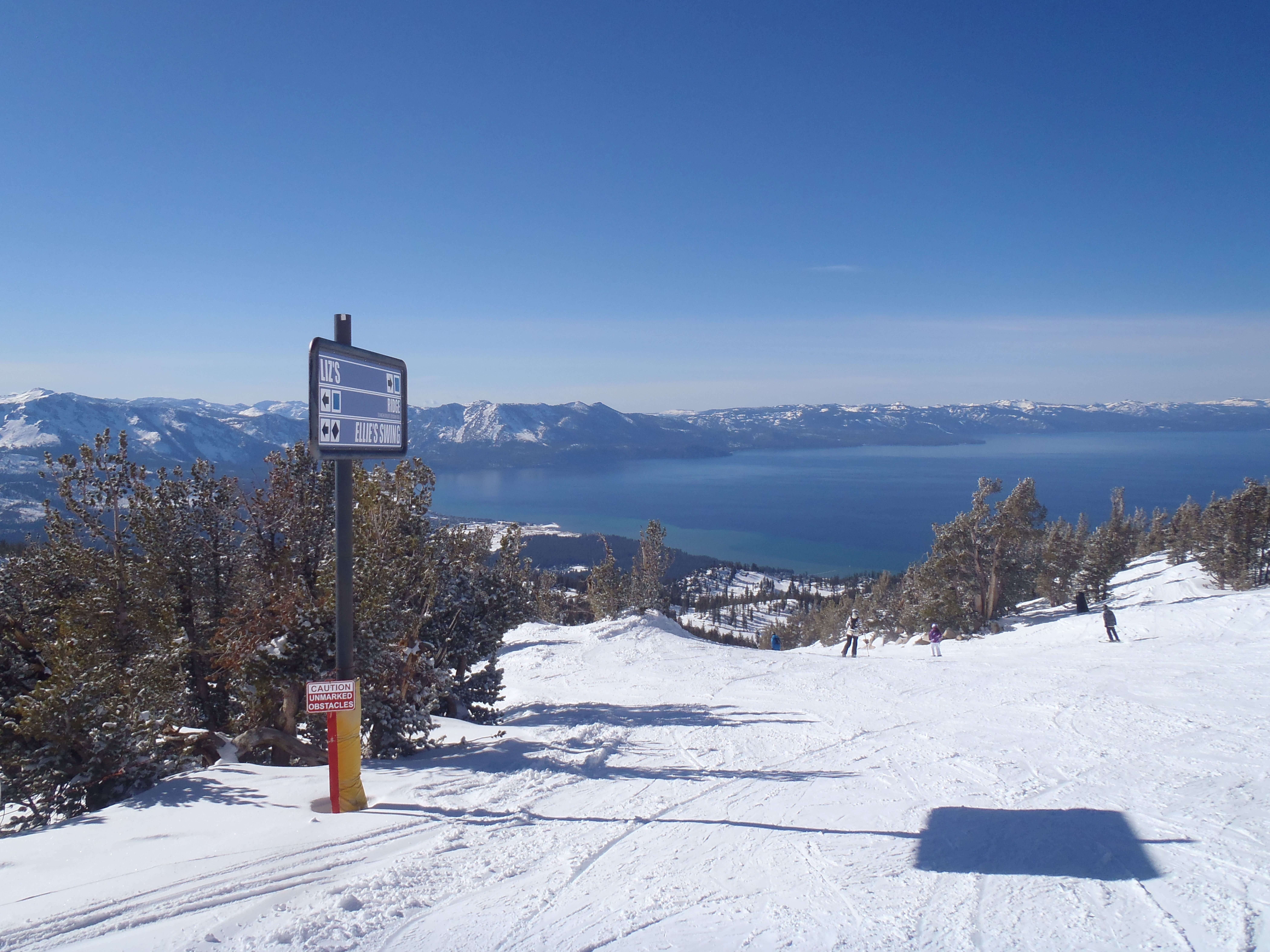
Revue phénEPS-PHEnex Journal
Vol. 14 No. 1 (2024)Bonne lecture à tous et toutes !
Wishing all a good reading!
Revue phénEPS-PHEnex Journal
Félix Berrigan / Nathan Hall / Lynn Randall
editors - éditeur
-
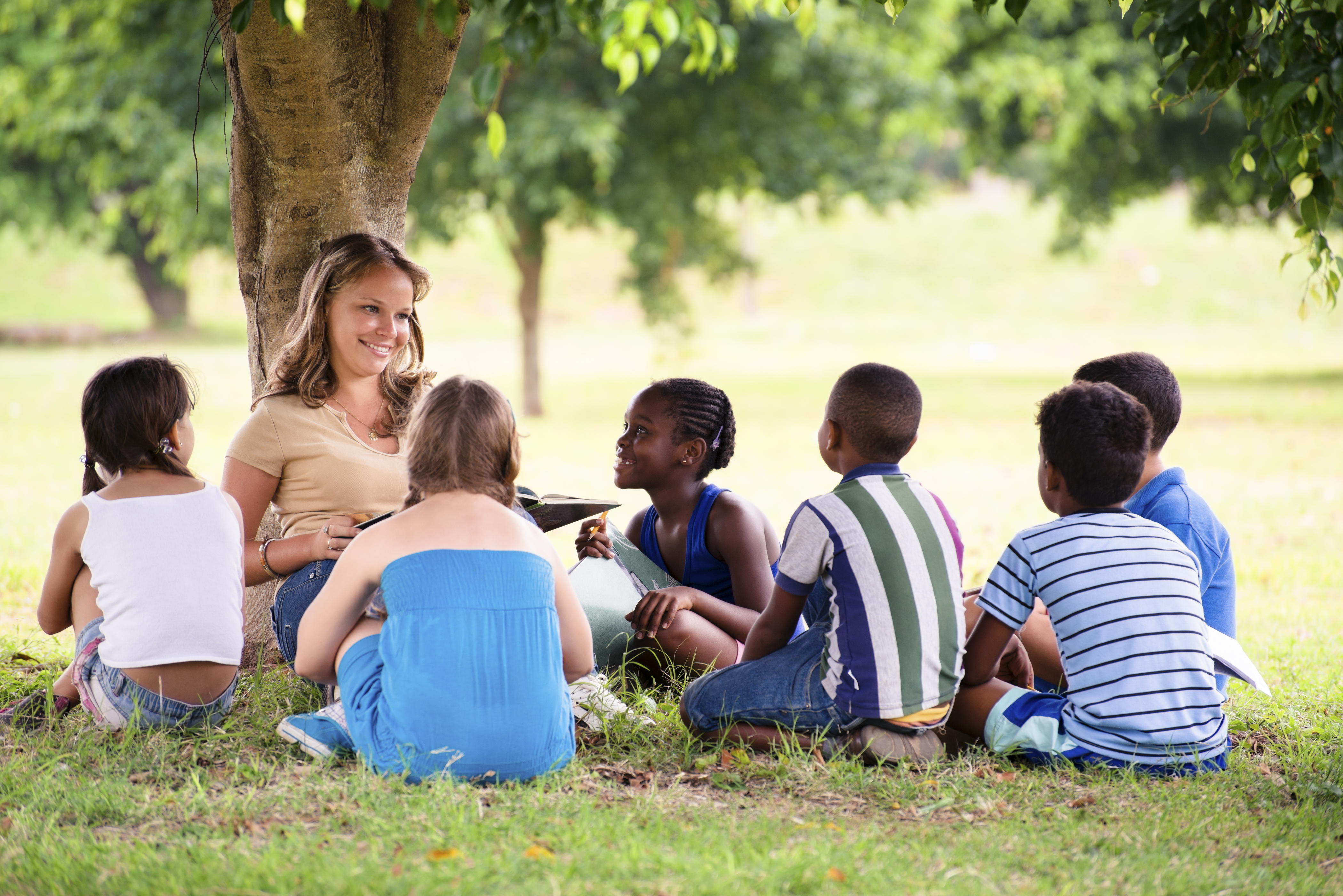
Revue phénEPS-PHEnex Journal
Vol. 14 No. 2 (2024)Enjoy the Summer 2024 issue of Revue phénEPS-PHEnex Journal!
Note: We have included the abstracts from all student led original research presentations that were delivered at the 2024 PHE Canada Research Council Forum (Hosted in Saskatoon, May 2024).
-
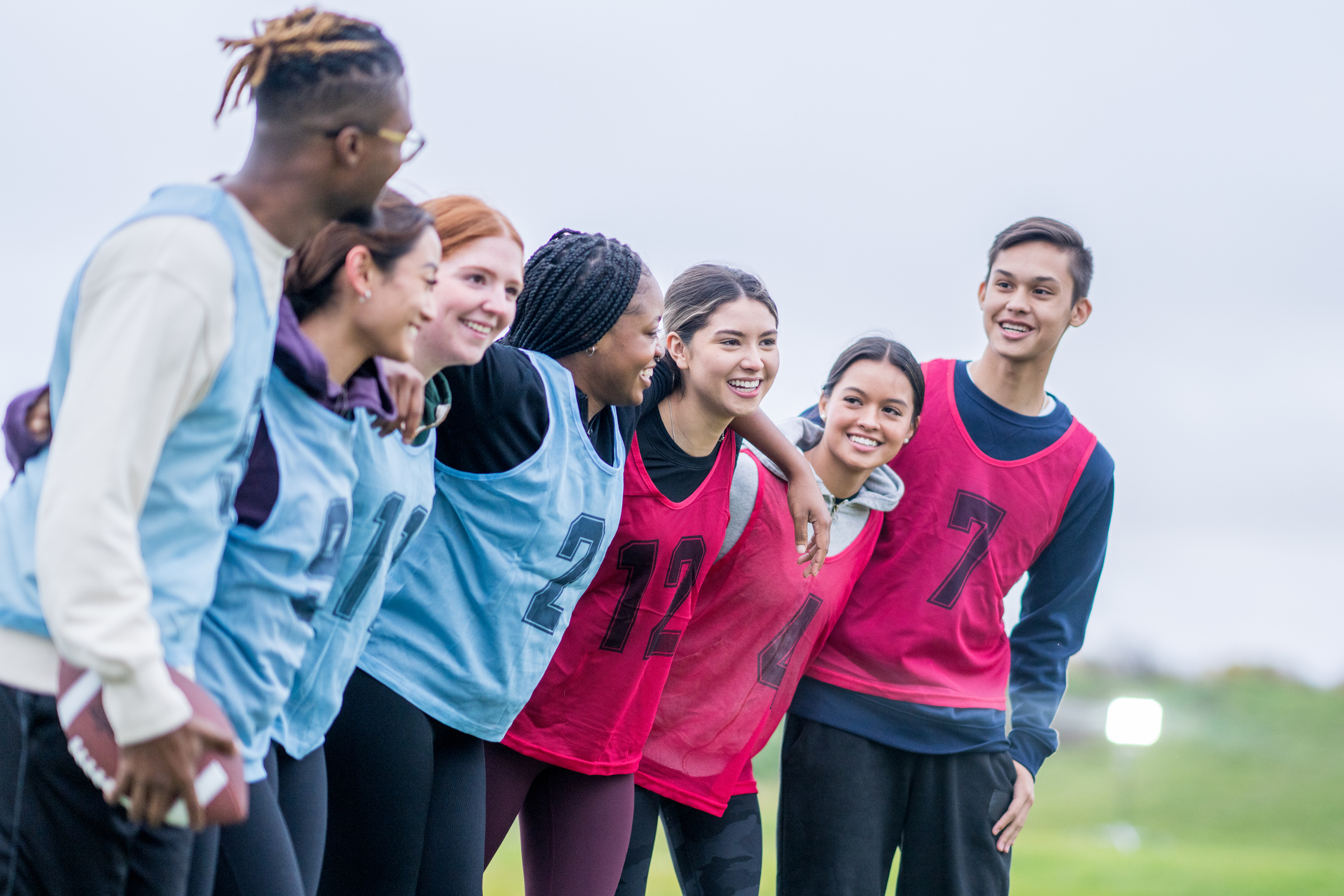
Revue phénEPS-PHEnex Journal
Vol. 14 No. 3 (2024)Happy Holidays from all of us on the Revue phénEPS-PHEnex Journal Editorial Staff.
We hope that you enjoy the final issue for 2024 (Volume 14) and are looking forward to 2025.
Thank you to all the individuals who reviewed articles for us over the past year! Without your support, publication of all our 2024 issues would not have been possible.
-
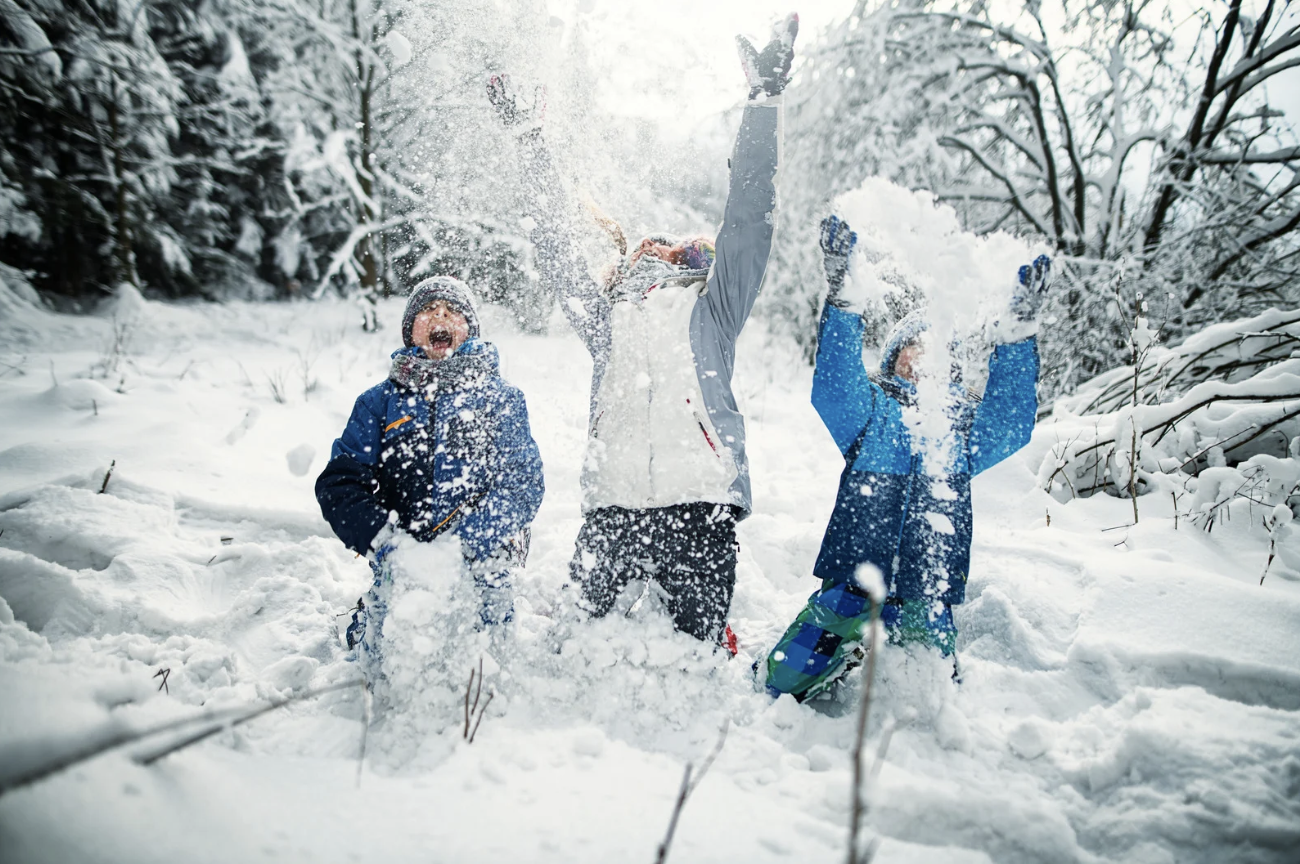
Revue phénEPS-PHEnex Journal
Vol. 15 No. 1 (2025)Enjoy the first issue of the Revue phénEPS-PHEnex Journal for 2025!
It has been a snow filled winter for much of Canada this year and we hope that the physical educators across the country were able to get their students outside, learning, and active in the winter environments. Being knowledgeable, confident and competent with respect to physical activity and movement in cold temperatures and winter conditions are a pretty foundational part of Canadian life.
Bring on Spring!
-
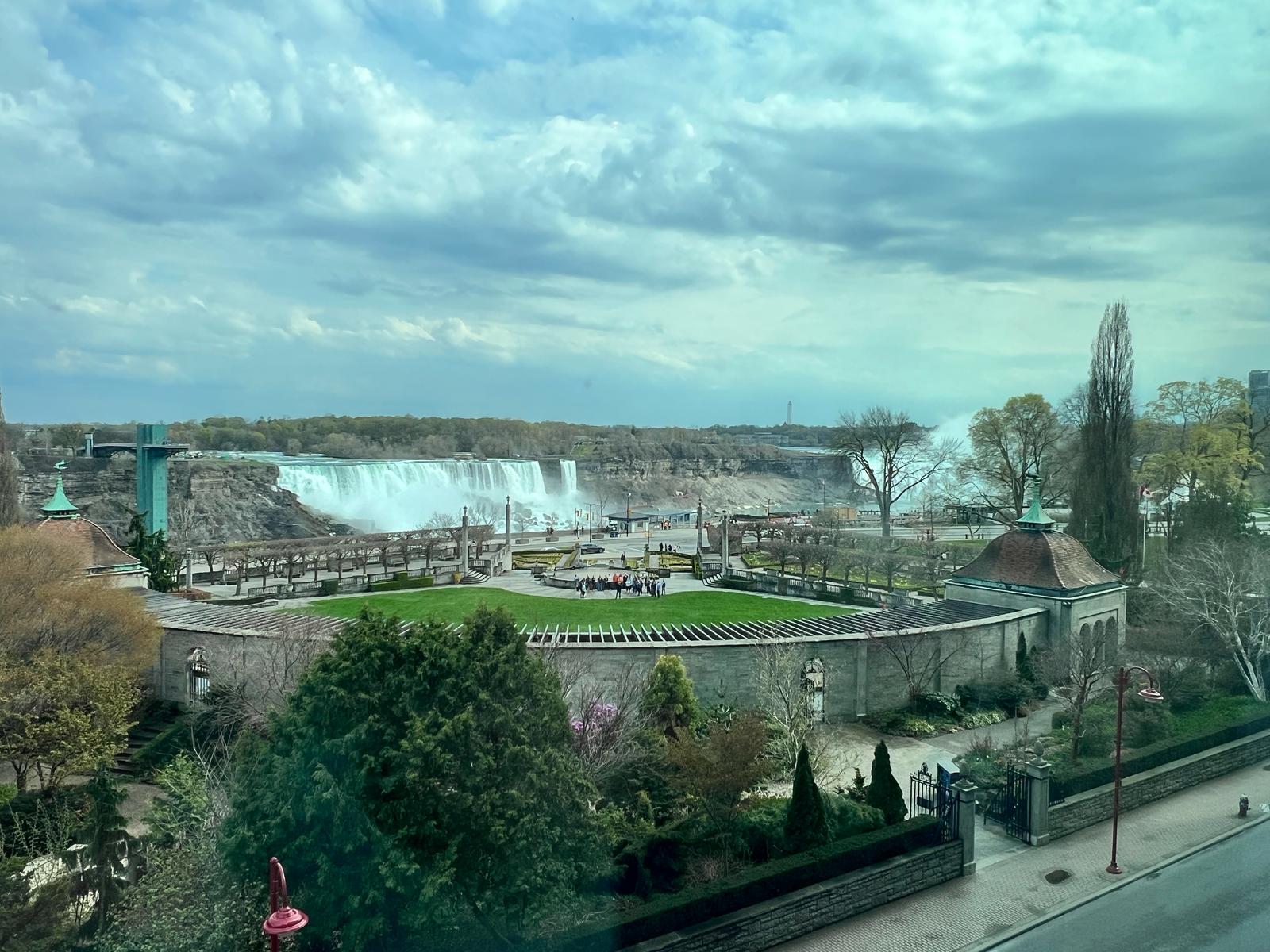
Revue phénEPS-PHEnex Journal
Vol. 15 No. 2 (2025)Enjoy the Summer 2025 issue of the Revue phénEPS-PHEnex Journal. This edition features several excellent research articles, our first viewpoint article in many issues, and the abstracts from all graduate student presentations delivered at the PHE Canada Research Council Forum, held in Niagara Falls, Ontario, this past May. Based on these abstracts and the accompanying presentations, it’s safe to say that the upcoming generation of PHE scholars in Canada is exceptionally strong!
*Thanks to research council member Derek Wasyliw for the picture used on the cover of this issue. Taken from the site of the 2025 PHE Canada Research Council Forum Conference Hotel in Niagara Falls.


